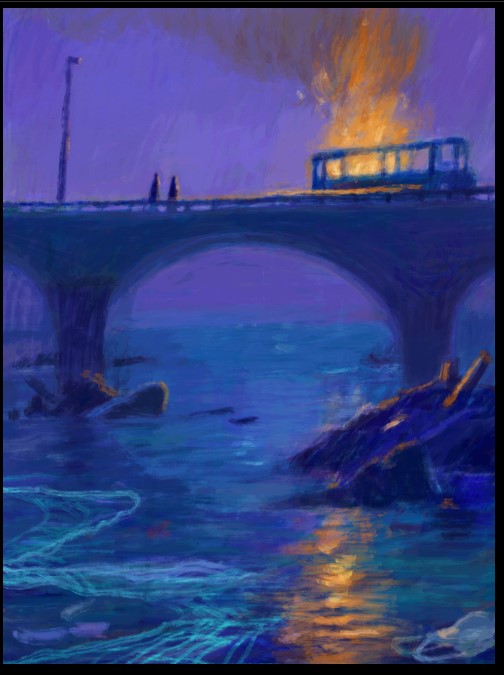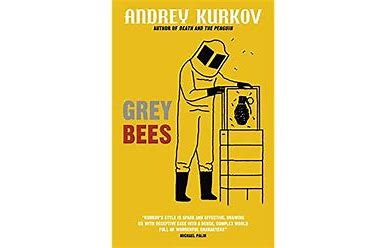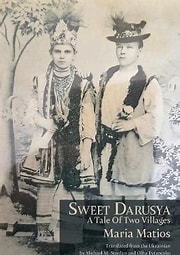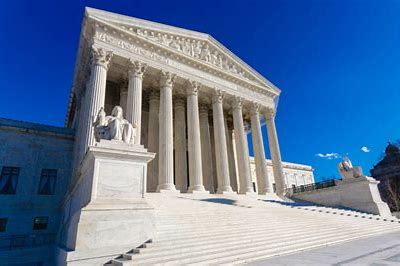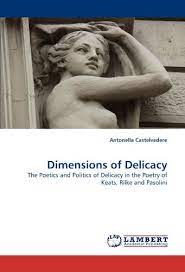Move aside dystopian literature and make way for thrutopian tales that give hope without the silliness of sugar-coated utopias. In recent years, I’ve been reading about this call to arms to establish a new genre of literature. The word has its origins in the idea of going ‘thru’ from one place to another.
In 2017, writing for the Huffington Post, environmental campaigner Rupert Read made the case that a thrutopia could get us through the climate crisis. In sum, his argument was that we need ‘artistic or philosophical vision’ for the future that dealt with the harsh realities without being dystopic and without the blind optimism of utopia. He explains:
‘Thrutopias would be about how to get from here to there, where ‘there’ is far far away in time. How to live and love and vision and carve out a future, through pressed times that will endure. The climate crisis is going to be a long emergency, probably lasting hundreds of years. It is useless to fantasise a shining sheer escape from it to utopia. But it’s similarly useless, dangerously defeatist, to wallow around in dystopias. We need ways of seeing, understanding, inhabiting, creating what will be needed for the very long haul.’
While I agree with the general idea, I don’t think I’d call dystopic literature ‘dangerously defeatist.’ I’m thinking Atwood’s The Handmaid’s Tale, which was first in the 80s and more recently thanks to the TV series, a warning of a world controlled by religious extremists. Ishiguro’s Never Let Me Go and Cormac McCarthy’s The Road are likewise more realistic than defeatist, but with the reader knowing that they have elements of make-believe. The real sense of defeatism emerges when reading commentaries in the media about the irreversible damage brought on by the climate crisis at a time when a world leader of dubious sanity is threatening to use nuclear arms.
This new thrutopic-like genre was also proposed by novelist Ben Okri, writing in The Guardian around the time of Cop26. Like Read, Okri calls exclaims, ‘We have to find a new art and a new psychology to penetrate the apathy and the denial that are preventing us making the changes that are inevitable if our world is to survive.’ Like Read, he criticises dystopias and utopias, opting for a realism that gives us hope.
Taking thrutopic literature a step further, this summer Mslexia, in an article penned by novelist Manda Scott, offered a primer on the topic, giving advice and workshop ideas for writers wishing to try their hand at this new genre. Years ago, I dabbled in psychological science fiction, and the idea of creating a thrutopic story had me wondering. Yes, I could give it a try. Why not?
Then I read ‘The Secret Source,’ a short story by Ben Orki in The New Yorker. It’s set in the not-too-distant future where the world is trapped in the water crisis and cruel, cynical governments conserve drinking water by poisoning its minions. Dark reading from the writer who espoused ‘hope.’ I confess, I enjoyed this deliciously dystopic tale, perhaps for the same reason that I find villains are often more interesting than heroes. That is, I’m hedging towards thrutopia in philosophy if I can sink my teeth into the occasional dystopic story.
According to Read, the philosophy of thrutopia can be simply stated: ‘Don’t defer your dreams. We need those dreams now. Experience the present as paradisiacal, and change it where it isn’t, and then we might just get through.’ That sounds fine to me.
